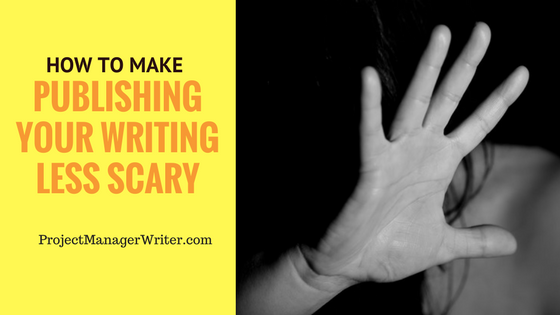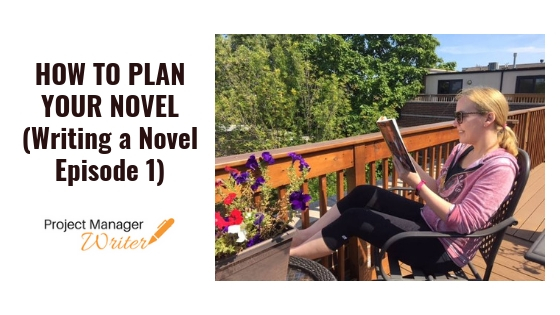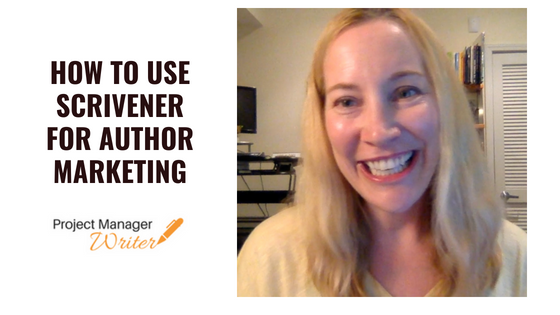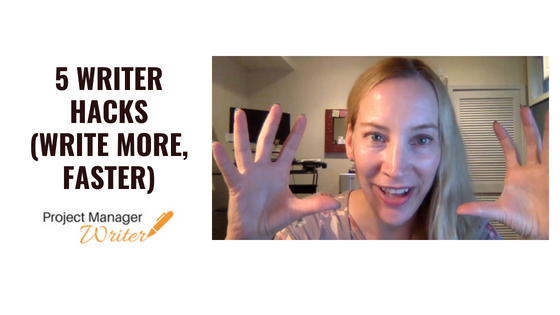You’ve just written your manuscript. You poured your heart and brain into your work. The only problem is, you’re terrified to hit the publish button.
Don’t worry. It’s not just you. It’s you and me and just about every artist who goes through self-doubt and angst. Performer/author, Amanda Palmer calls it the “Fraud Police.”
It’s the “imaginary, terrifying force of ‘real’ grown-ups who you believe—at some subconscious level—are going to come knocking on your door in the middle of the night, saying: We’ve been watching you, and we have evidence that you have NO IDEA WHAT YOU’RE DOING.”
So what’s the answer if we want to be writers? How do we move forward and leap from the ledge even though our knees are about to buckle?
Practice. It’s what separates professionals from amateurs.
Malcolm Gladwell said that to master a subject, you must put in 10,000 hours of deliberate practice.
Dean Wesley Smith has written over 200 novels. He doesn’t think about writing as a chore. Writer’s block doesn’t exist in his world. He’s a pro.
Professional athletes, world-class musicians, and master chefs all practice:
-
Olympic swimmers get in the pool every day; they swim endless laps and track their time.
-
Musicians play their instrument hours upon hours until they have mastered a composition.
-
Chefs practice their craft by preparing thousands of dishes during their career.
Yes, there is monotony. Practice can be grueling. But there is also the joy that accompanies reaching a state of flow.
How can writers emulate the deliberate practice found in other professions? Here are 12 ideas:
-
Practice writing every day. Like an athlete tracks progress, track your words written and your time each day.

-
Hang a chart on your wall with words written versus time so you can see your improvement.
-
Or, use this handy, free word count tracker.
-
Many writers say they don’t have enough time to write. Do you have 15 minutes to surf Facebook or Twitter? Spend those 15 minutes writing something, anything. Swap social media for 15-minute writing chunks for a week and see what happens. The average person spends nearly two hours a day on social media. What if you had two hours a day to write instead?
-
Search online for “writing contests.” Enter a competition this week. Sign up and show up. Put in the work. Become a better writer by putting your work out there.
-
Participate in National Novel Writing Month in November (NaNoWriMo). Seriously, mark it on your calendar to register in October now. The friendly competition is healthy for you. NaNoWriMo will help you finish a 50K word first draft. Read more here.
-
Publish on Wattpad under a pen name. Ask people what they think.
-
Hire one or more beta readers who don’t know you. Avoid asking friends who may not want to hurt your feelings. The only way to improve is to get honest feedback.
-
Invest in a deep, structural edit by a professional editor. Think of this person like a writing coach. Learn from his or her knowledge.
-
If you have trouble finishing novels, dedicate the next few weeks to one project and commit to finishing. If you miss your deadline, give up something you love (e.g., chocolate or wine) until you finish.
-
Create a sacred space for your writing. Is there a special area in your house, a favorite chair? Can you turn off the Internet and your phone? Dean Wesley Smith uses a separate computer for writing versus business.

Source: https://unsplash.com/photos/nvzvOPQW0gc
-
When you find yourself procrastinating, ask yourself whether your environment is conducive to writing? Is it noisy? Are children, pets, or coworkers competing for your attention?
Ray Bradbury went to the library to write because his kids were demanding attention at home. In 1950, he wrote on a timed typewriter that cost 10 cents an hour. He churned out Fahrenheit 451 in nine days. Consider timed writing in an isolated place such as a library, cafe, or co-working space.









Leave A Comment